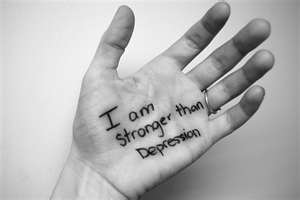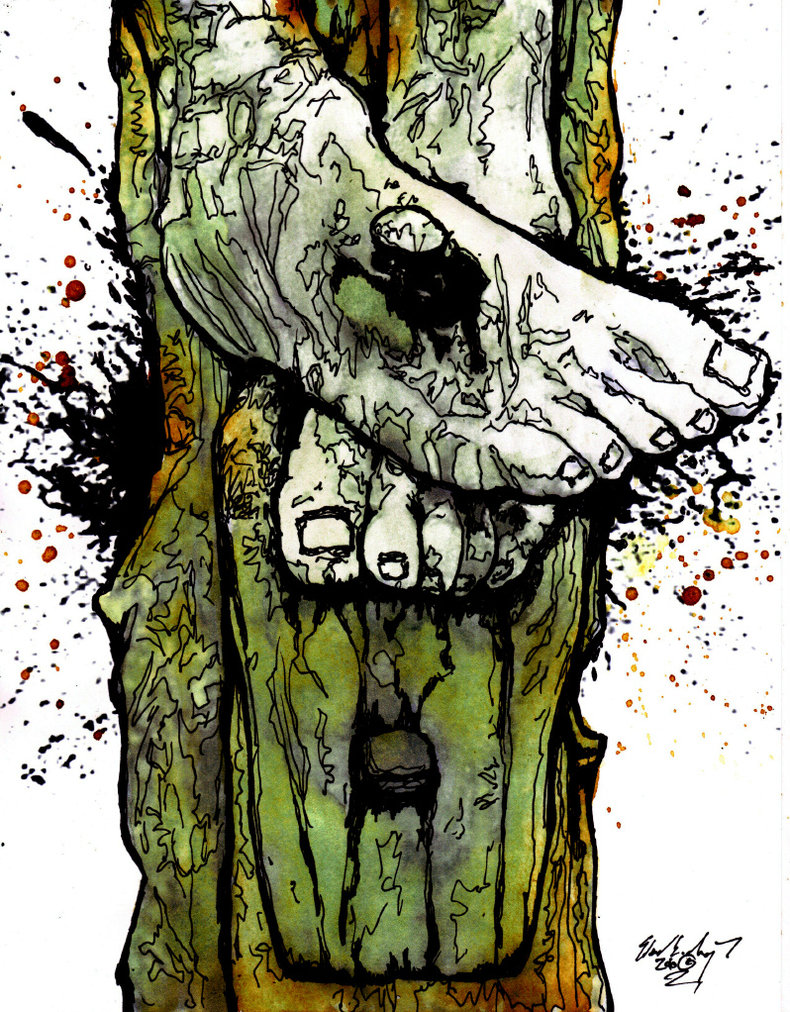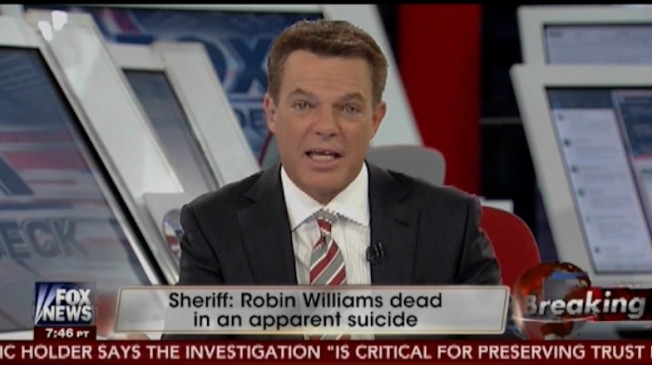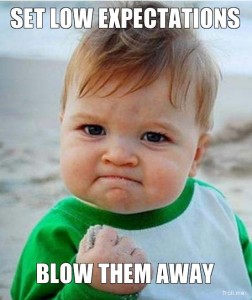When I first opened up about events that scarred me for life, I worried about how it would be perceived. Would I be seen as a whiny, attention-seeking weakling? The reaction was almost entirely the opposite, which has helped me look at my own challenges with better humor.
In all the conversations with people that followed the launch of The OCD Diaries, it’s become plain that most of us have an emotionally scarring back story. Hearing your stories makes me feel a lot more normal. I’ve learned that because everyone has dark episodes in their lives, I’m really not unique. I don’t stick out like a bloody, wart-riddled thumb, after all.
Some of you have been scarred by war, some of you by years of drug and alcohol abuse. Some of you lost one or both parents at a young age, and some of you had stepparents you hated as teenagers. My scars were forged by childhood illness, my parent’s bitter divorce and the premature death of a sibling and two best friends (one by suicide). My addictions and mental illnesses were the byproducts, helped along by chemical imbalances in the brain.
It’s not what I’ve been through that defines me. It’s what I’ve learned from the experiences and how I’ve used the lessons to be a better person. It’s the same for everyone.
Some lose the game, committing suicide or crimes that lead to a life behind bars. Those of us who don’t end up that way aren’t better. We just had a better combination of luck, faith and support systems. And a better sense of humor.
I love when the humor part is done well on TV, in books and online. A favorite example is Dr. Heinz Doofenshmirtz from Phineas and Ferb, a favorite TV show of my kids.
Doofenshmirtz is an evil genius who can never get his act together. He hates just about everything and wants to take over the “tri-state area” to feel better about himself. He makes sinister devices with –inator as the suffix, and they fail every time. His nemesis is Perry the Platypus, a secret agent whose cover is being the pet of Phineas and Ferb.
Doofenshmirtz is always motivated by emotionally scarring back stories. His was a mentally abusive childhood in Gimmelshtump, Drusselstein. His parents overlook him in favor his brother, Roger, he’s shunned socially, and it’s hilarious. It helps a guy like me laugh off my own back stories — or at least put them in a better perspective.
I leave you with one of my favorite snippets:








 <
<

